"If the air quality remains at a dangerous level for three consecutive days, it is possible to consider suspending school for preschool and primary school students."
The above content is stated in the document recommending prevention and control of the impact of air pollution on health of the Department of Health Environment Management, dated January 7.
Accordingly, the Ministry of Health recommends that when air quality is at hazardous levels (301-500) for three consecutive days, kindergartens, nurseries, and primary schools can consider letting students stay home from school. "If it is mandatory to go to school, it is necessary to avoid outdoor activities, switch to indoor activities, or adjust school hours accordingly," the Ministry of Health noted.
The Ministry of Health also advises sensitive people to avoid all outdoor activities and switch to indoor activities. At the same time, close windows and doors to limit and avoid exposure to pollutants, and monitor your health. If acute symptoms such as difficulty breathing, cough, or fever appear, you should immediately go to a medical facility for examination, consultation, and treatment.
At other levels, sensitive groups should reduce or limit outdoor activities to avoid exposure to air pollutants.
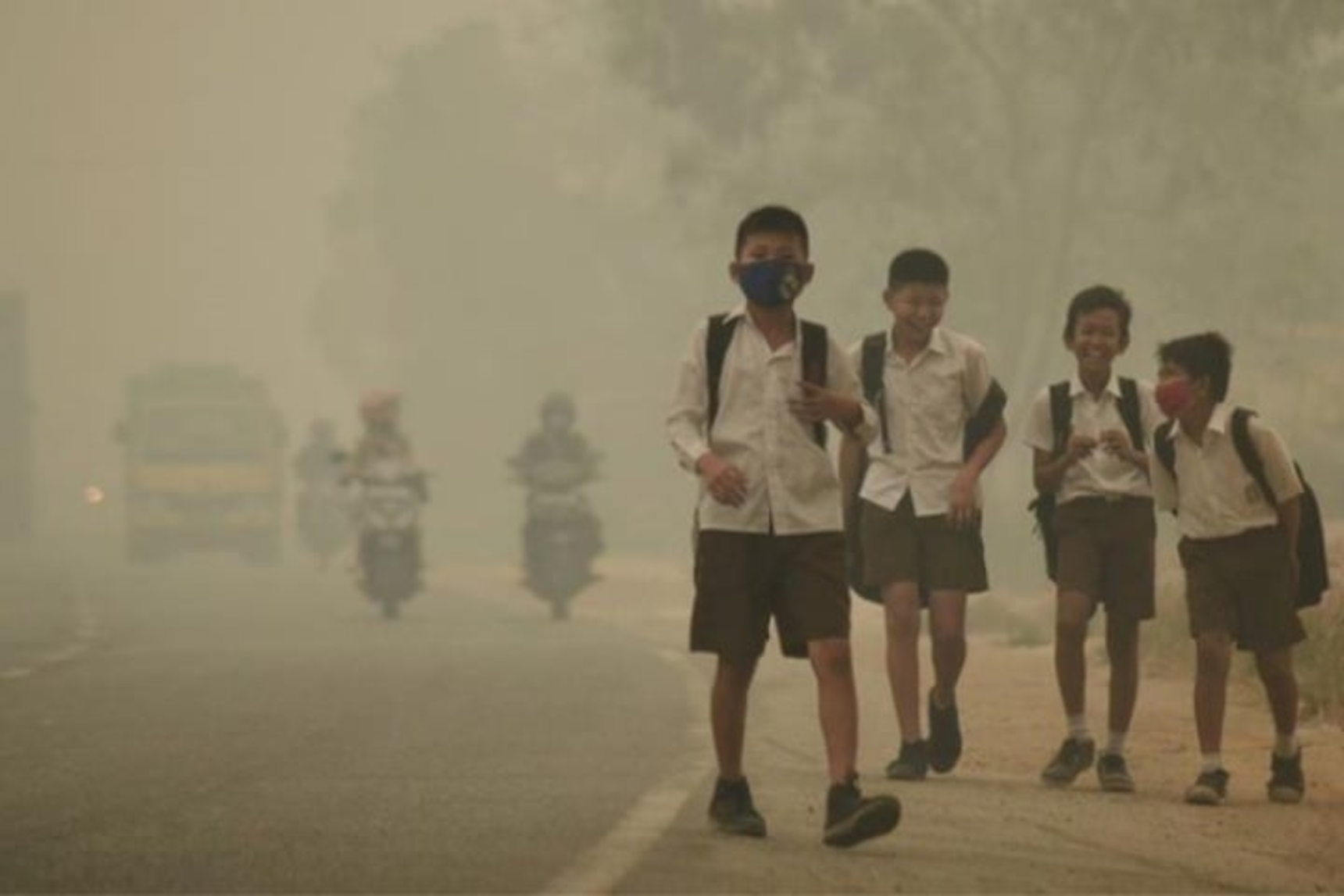
Air pollution, consider letting students take time off from school. (Illustration photo)
This recommendation was made in the context of increasing air pollution in Hanoi, Ho Chi Minh City and neighboring provinces in recent days. There were times when the air quality index reached bad and very bad levels, and typically Hanoi became the most polluted city in the world .
According to data from IQAir, the air quality index (AQI) in Hanoi today is 264, which is "Very Unhealthy". The concentration of PM2.5 fine dust reached 184.5 µg/m³. Next is Thai Nguyen with an AQI of 249, Ho Chi Minh City ranked 3rd with an AQI of 193, the "unhealthy" red level.

Air quality in Hanoi area measured at 9:36 this morning (January 7).
To proactively protect people's health, the Ministry of Health has also introduced many measures to prevent and combat the effects of air pollution on health. Thereby helping people, especially those sensitive to air pollutants such as children, pregnant women, people with respiratory and cardiovascular diseases, and the elderly, have basic knowledge in implementing preventive measures and protecting their health.
According to the World Health Organization, exposure to air pollutants increases the risk of acute respiratory infections, chronic obstructive pulmonary disease, asthma, cardiovascular diseases and stroke. It can also cause skin damage, eye diseases, impact the nervous system, immune system, and affect mental health.
Source: https://vtcnews.vn/de-xuat-cho-hoc-sinh-nghi-neu-o-nhiem-khong-khi-o-muc-nguy-hai-lien-tiep-3-ngay-ar918830.html







![[Photo] Cat Ba - Green island paradise](/_next/image?url=https%3A%2F%2Fvphoto.vietnam.vn%2Fthumb%2F1200x675%2Fvietnam%2Fresource%2FIMAGE%2F2025%2F12%2F04%2F1764821844074_ndo_br_1-dcbthienduongxanh638-jpg.webp&w=3840&q=75)




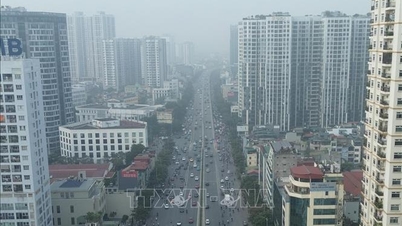


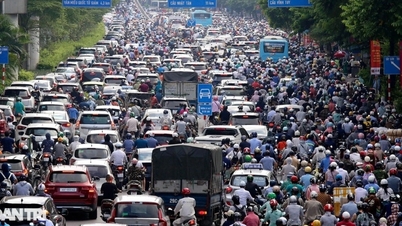



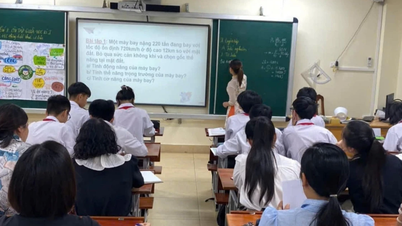
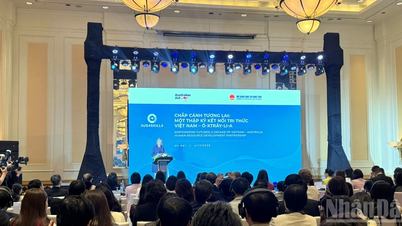

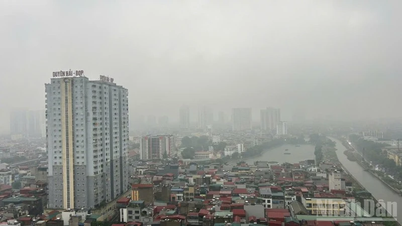
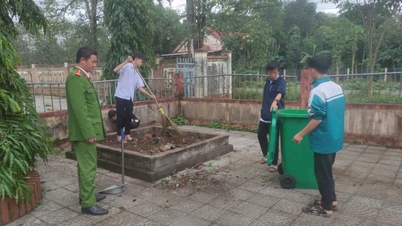
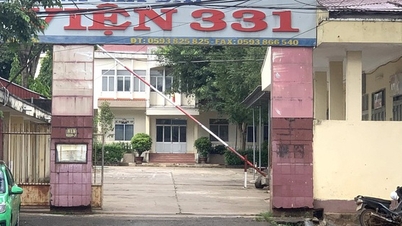

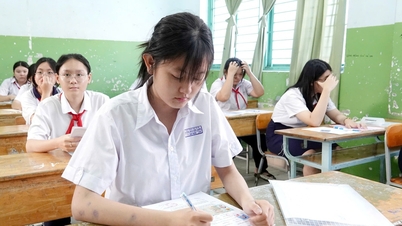






















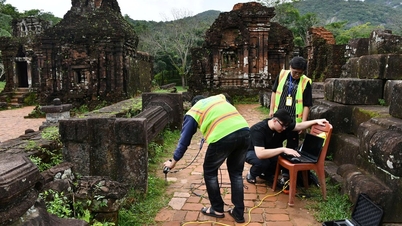







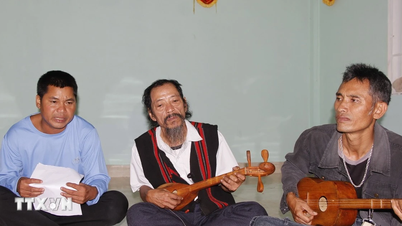







![[VIMC 40 days of lightning speed] Da Nang Port: Unity - Lightning speed - Breakthrough to the finish line](https://vphoto.vietnam.vn/thumb/402x226/vietnam/resource/IMAGE/2025/12/04/1764833540882_cdn_4-12-25.jpeg)













































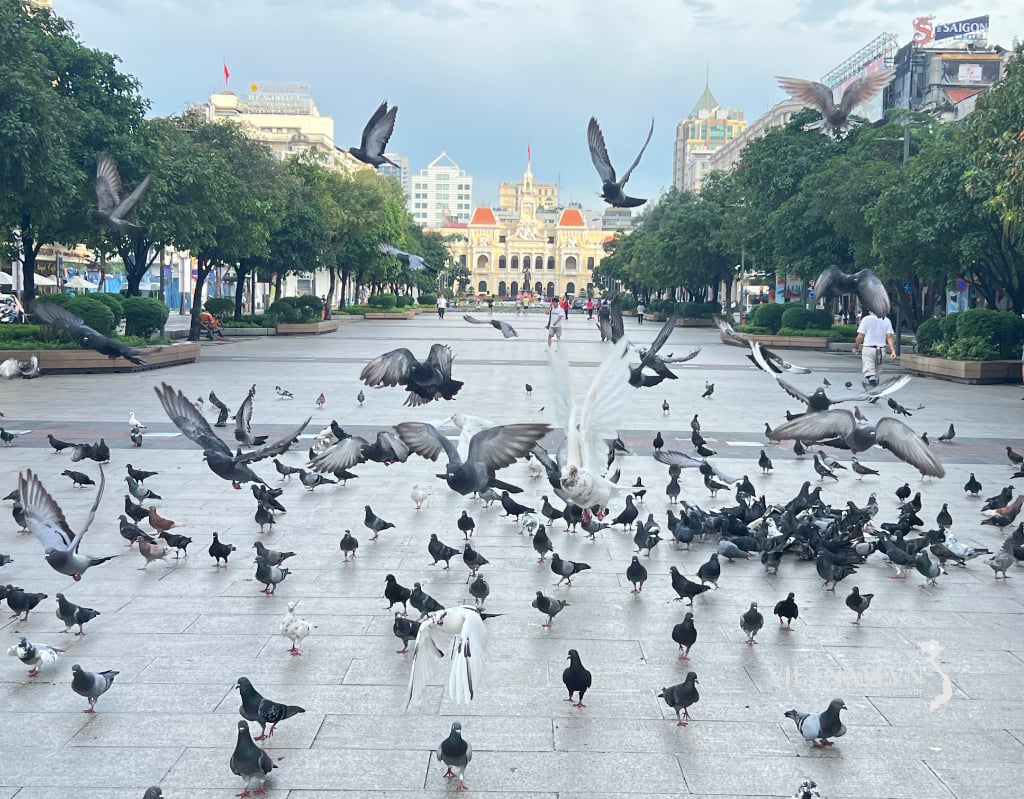

Comment (0)